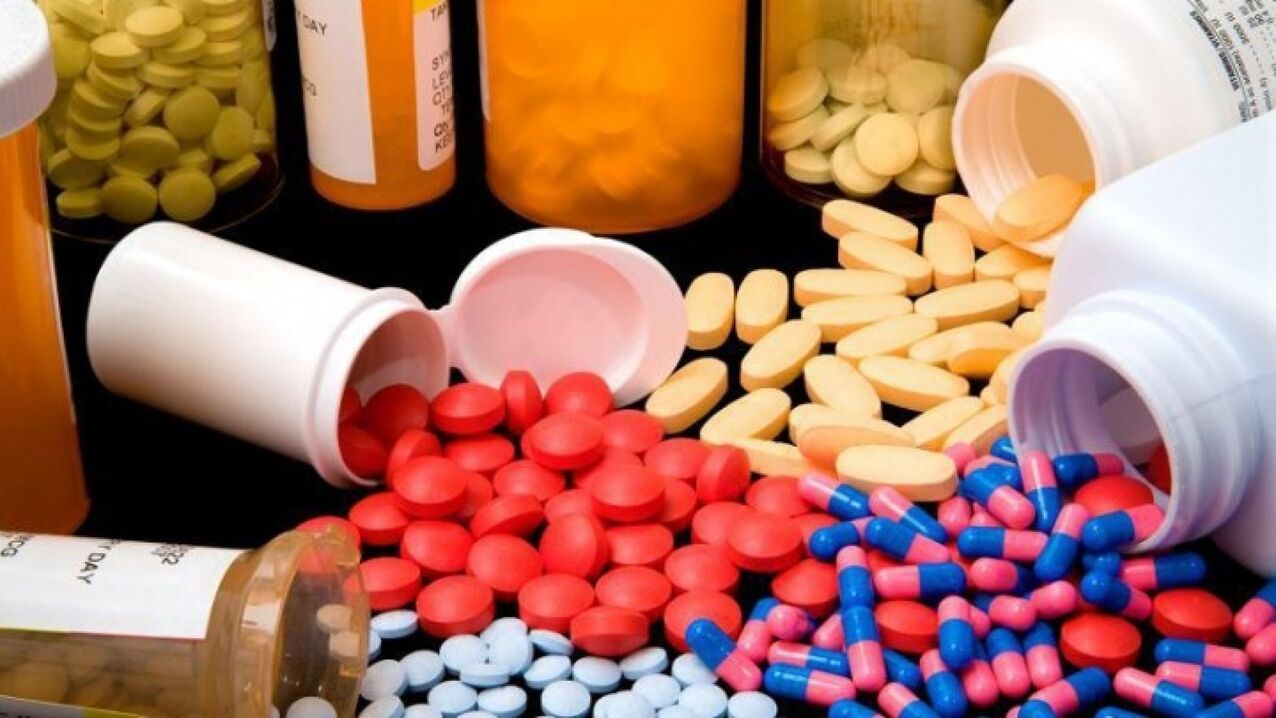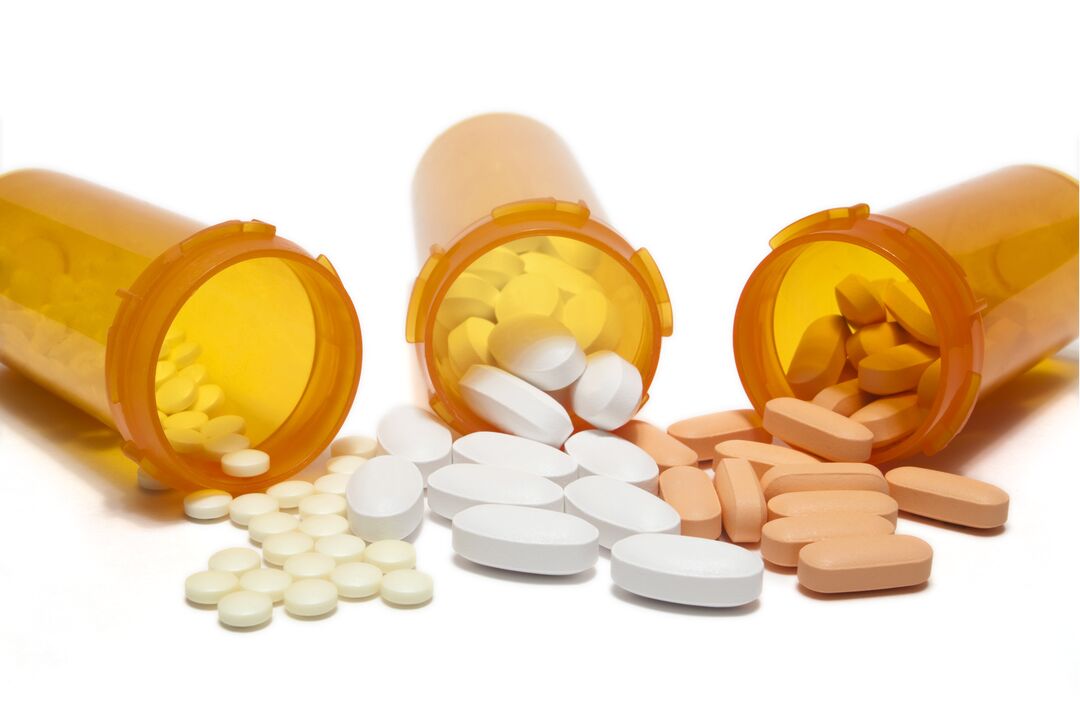Prostatitis is an inflammation of the prostate gland. The disease belongs to the category of men, and affects men mainly in middle age and older. Depending on the original cause, course characteristics and the personality of the patient, the doctor chooses effective treatment tactics using antibiotics-drugs that inhibit the vital activity of pathogens and accelerate the patient's recovery. Antibiotics for prostatitis are an effective way to eliminate the inflammatory process.
About the disease
Depending on the nature of the origin, acute or chronic forms of prostatitis are distinguished. The source of the disease in acute prostatitis is an infection, i. e. bacterial, viral. The chronic form develops with congestion in the area of the prostate gland or in the absence or ineffective treatment of the disease. As a rule, the disease occurs with a reduction of local or general immunity, and in some cases it becomes the main cause of male infertility.
Prostatitis is considered a relatively complex disease, its treatment is a long and continuous process. This is due to the peculiarity of the anatomical structure of the male organ, a complexity that makes it difficult for some drugs to penetrate. This contributes to the persistence of infection and the development of inflammatory processes for a long time.
At the same time, the effectiveness of therapy largely depends on an integrated approach, the main task of which is to restore the original structure of the prostate gland and its function. One method of treatment is therapy with effective drugs, including the use of antibacterial drugs - antibiotics. Often, patients ask themselves what antibiotics should be taken for prostatitis?
Benefits of antibiotic treatment
The use of antibiotics in the treatment of this disease is considered one of the effective methods in combating pathogenic flora, therefore, these funds are an indispensable component in the fight against this dangerous disease.
Antibiotic therapy has two goals, one is to destroy the source of the disease, and the second is to eliminate the inflammatory process. In addition, the appointment of antibiotics reduces the risk of secondary infection with nonspecific prostatitis.

Antibacterial drugs for prostatitis are selected by the doctor individually based on patient complaints and the results of laboratory tests, among which are necessary: urine and prostate secretions, as well as studies for antibiotic sensitivity.
There is a misconception that there are effective antibacterial drugs that can eliminate the inflammatory process and eliminate prostatitis. Currently, several antibacterial agents have been developed and released into production, affecting one or another type of pathogen.
As a rule, the course of treatment developed by the attending physician lasts on average 1-2 months, and the main method of therapy is treatment with antibiotics for prostatitis, selected individually depending on the type of pathogen detected in the body.
Group of antibiotics
It has long been proven that treatment of prostatitis with antibiotics, no matter what group they represent, quickly relieves acute inflammation. However, before prescribing a particular drug, it is necessary to perform bacteriological inoculation of prostate gland secretions for pathogen sensitivity to a particular drug.
In most cases, or if there is no possibility of taking the test, the doctor prescribes broad -spectrum antibiotics. They block most of the germs and bacteria that cause infections. In any particular case, the treatment regimen is chosen individually, depending on the stage of the disease, the individual tolerance of the patient and the spectrum of action of the drug.

The following antibiotics are considered the most common and recognized agents:
- Penicillin. These funds have a strong antibacterial effect.
- Fluoroquinolones. Today, this fund is considered one of the most effective drugs with a wide range of effects. These funds are used in the treatment of chronic prostatitis, which originally did not include the etiology of tuberculosis. However, these drugs have high phototoxicity and neurotoxicity.
- Cephalosporins. This group includes drugs that are injected intramuscularly, while being highly effective.
- Macrolide. Drugs in this group, as a rule, have a high activity against a number of bacteria. They are low toxic and very effective.
- Tetracyclines. Due to the difficult tolerance to drugs in this group, tetracycline is not very popular.
You should know that to quickly eliminate the inflammatory process, it is necessary to prescribe two or three antibacterial drugs, in particular, a combination of fluoroquinolones, macrolides, aminoglycosides are effective.






























